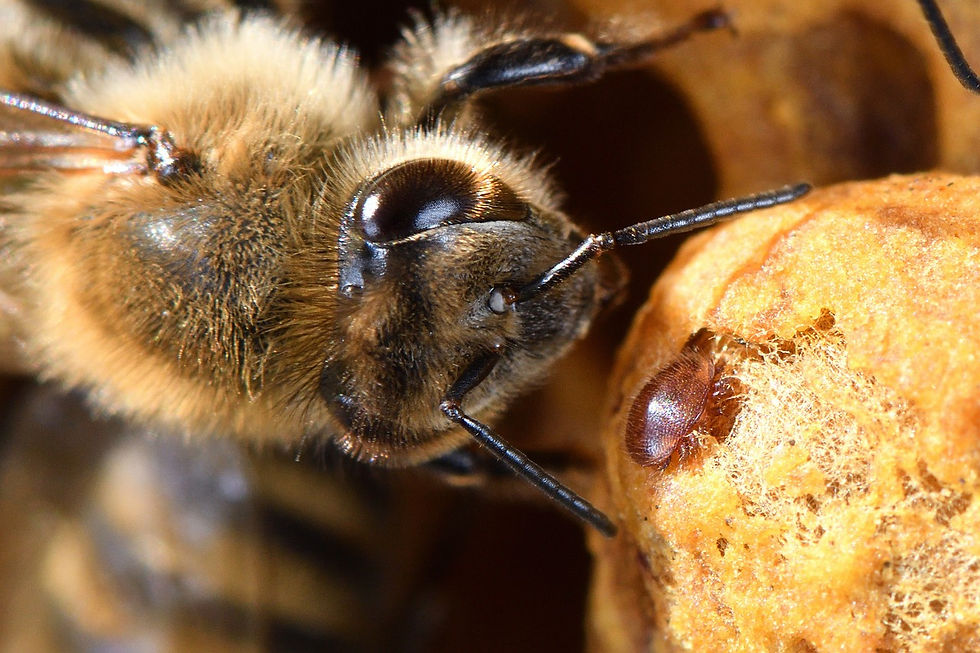“It’s a love interest”: Role of the hobbyist in the beekeeping industry
- bicwaorg
- Aug 7, 2023
- 2 min read
by Associate Prof Kirsten Martinus

Passionate pursuits of hobbies have, in history, led to societal change and/or industrial transformation.
Take, for example, “The Lunar Society” whose experimentations and discussions laid the foundations for the Industrial Revolution, as well as the stories of Apple, Facebook and Microsoft.
Yet, the capacity of informal activities or hobbies to support industry or enterprise has attracted limited research attention.
To fill this gap, interviews with hobbyist, semi-commercial and commercial beekeepers in Western Australia were held in 2017 and 2020 to understand the differences and similarities between hobbyist and commercial beekeepers and how interactions occurred.
In charge of the project was Associate Professor Kirsten Martinus, a human geographer in the School of Social Sciences at the University of Western Australia.
Beekeeper interviewees were gathered at BICWA meetings and by placing the project in the BICWA newsletter.
A BIG thanks to the 30 hobbyist, semi-commercial and commercial beekeepers who gave up their time participating in the project.
Results were disseminated in two journal articles (Geographical Research in 2021 and Geoforum in 2023), at national and international conferences (Institute of Australian Geographers, the American Association of Geographers) and a visiting professor guest lecture at the University of Heidelberg, Germany.
Key findings:
The interactions between hobbyists and commercial beekeepers can enhance honey value add, industry profits and knowledge about beekeeping specific to Western Australia.
Hobbyists and commercial beekeepers are both competitors and collaborators operating in different markets, hobbyists in the bartering or not-for-profit market and commercial beekeepers in the consumer sales market.
Hobbyist beekeepers appeared to act as ‘hobbyist innovators’ and may be important in supporting a variety of low-tech industries. They appeared to be a source of scientific, practical, and local geographic knowledge, which influenced beekeeping industry approaches and activities in Western Australia.
The ‘hobbyist innovator’ may be useful in understanding how informal local community groups may act as knowledge and information sources to spark innovation or even lead to industry transformation.
The interactions between hobbyists and commercial beekeepers highlight the importance of informal non-firm actors.
Hobbyists were found to be crucial in the development and persistence of the Western Australian beekeeping culture and techniques through their various activities and entrepreneurial endeavours.
Local and state government policy supporting collaborations between beekeeping hobbyists and local businesses will have a wide-reaching impact across the Western Australian beekeeping industry and the community in general, given the significance of bees to our health, to the environment, and in raising levels of scientific knowledge.
For further information, please contact Associate Professor Kirsten Martinus via email at: kirsten.martinus@uwa.edu.au or phone 0431 435 602.




Comments